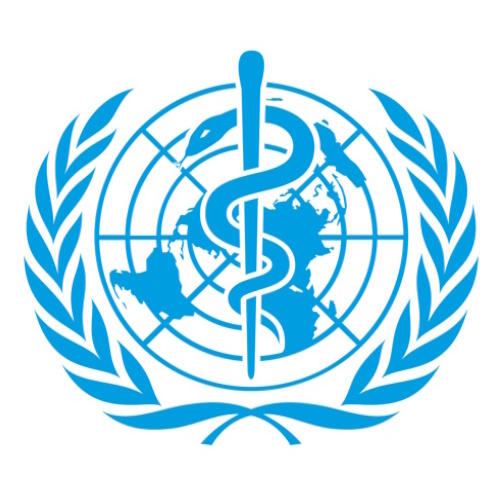Key points from article :
The WHO established standards to put a hold on experiments that would lead to the births of more gene-edited humans.
National Academies commission was formed to set clear, explicit, scientific standards for heritable gene editing in humans.
It is a road map for how to safely and responsibly get to clinical trials.
They put that threshold at no more than the average rate of new mutations an embryo spontaneously acquires.
Types of changes should be carefully studied in the lab to avoid adverse outcomes.
Along with a list of preclinical work, the commission also made recommendations for eligibility of participants.
Disease-causing mutations can only be replaced by a string of genetic code that is common in healthy people and has no history of negative health outcomes.
Should only be used when parents have no other options for having a biologically-related child who is free of the disease.
Some experts not associated with the commission support these recommendations.





